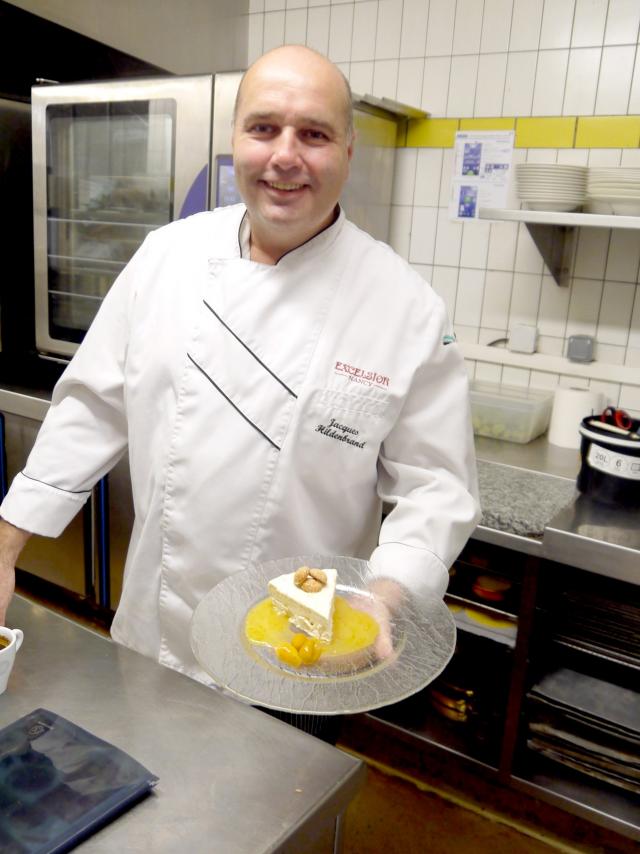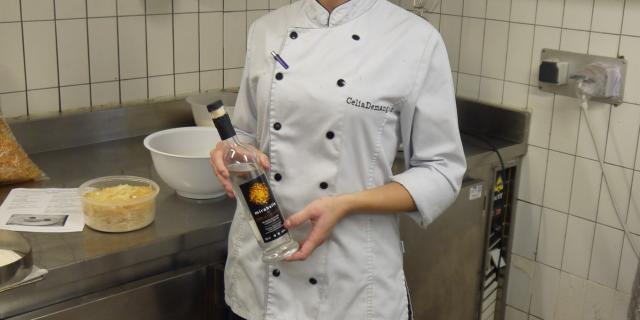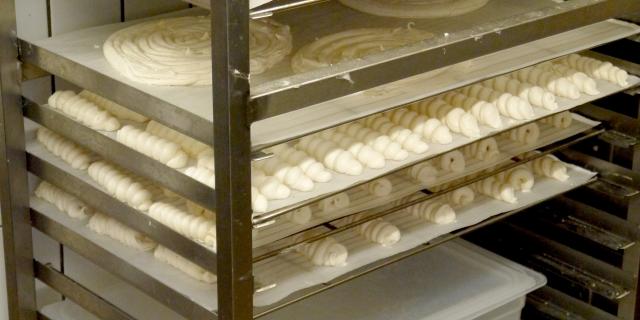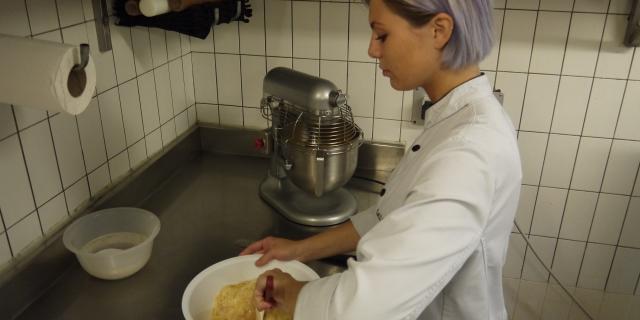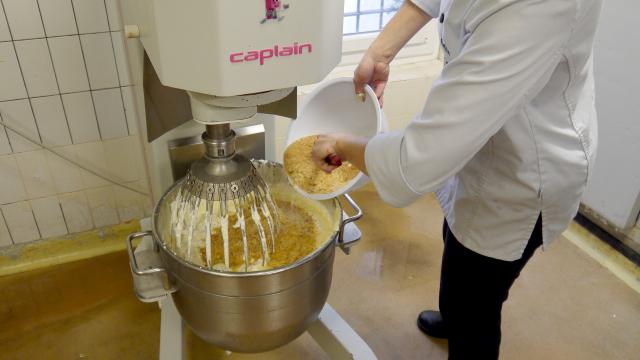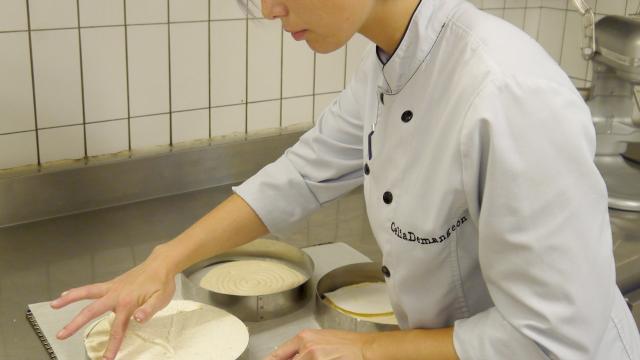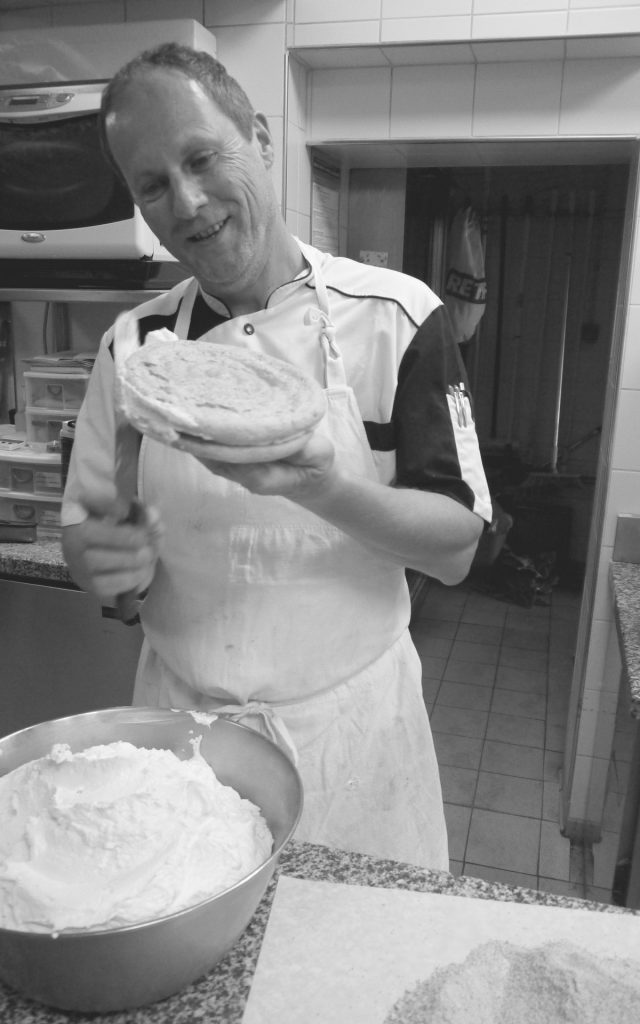Conversation with Jacques Hildenbrand – Chef and restaurateur
Lorraine native Jacques Hildenbrand travelled the world before returning to his home region, where he’s been the chef at the Excelsior since 2004. He studied at the hotel management school in Gérardmer in 1983, and then worked at the 2-star Auberge de l’Ill in Strasbourg before leaving for his military service in Saint-Pierre-et-Miquelon as a cook. He was recruited to oversee the opening of brasseries around the world, including in Beijing, Shanghai and Abu Dhabi.
When he joined the team at the Excelsior 32 years ago, he knew he was becoming a part of an institution. This stunning brasserie has been around for more than 100 years. The typical French brasserie and its breathtaking architectural style is a must-see for tourists and a favourite spot for Nancy locals, whether for business meals or family outings.
NANCY PASSIONS SUCRÉES SPECIALITIES
- The Tout Nancy
